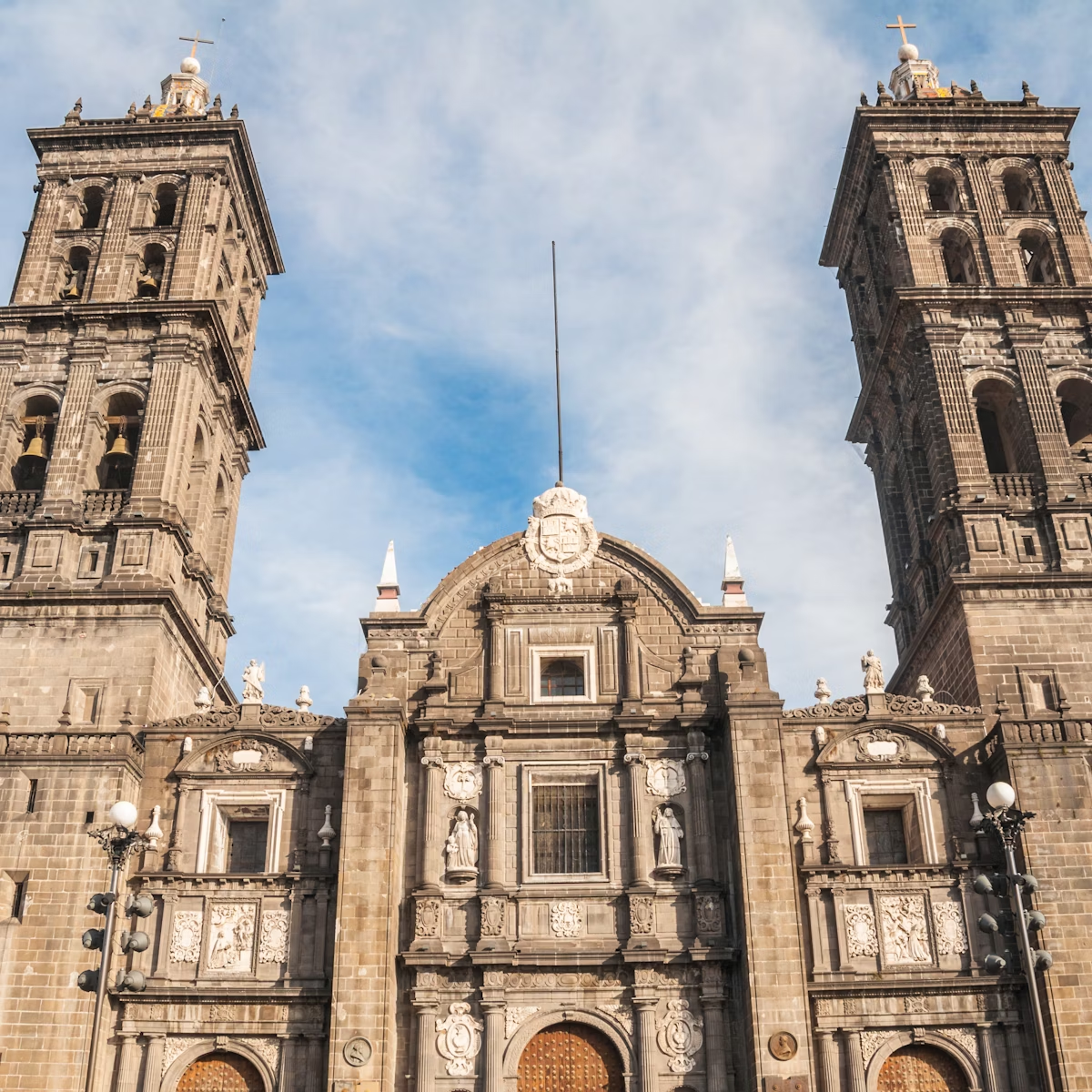The incredible Pirámide Tepanapa looks more like a hill than a pyramid, but it's still the town's big draw, and with miles of tunnels veining the inside of the structure, it's no letdown. The Zona Arqueológica comprises the excavated areas around the pyramid and the tunnels underneath. You enter via the tunnel on the north side, which takes you on a spooky route through the center of the pyramid.
Several pyramids were built on top of each other during various reconstructions, starting between 200 and AD 400 CE, and over 8km of tunnels have been dug beneath the pyramid by archaeologists to penetrate each stage. From the access tunnel, a few hundred meters long, you can see earlier layers of the building. You don't need a guide to follow the tunnel through to the structures on the pyramid's south and west sides, but since nothing is labeled, they can be helpful in pointing out and explaining various features.
The access tunnel emerges on the east side of the pyramid, from where you can follow a path around to the Patio de los Altares on the south side. Ringed by platforms and unique diagonal stairways, this plaza was the main approach to the pyramid. Three large stone slabs on its east, north and west sides are carved in the Veracruz interlocking-scroll design. At its south end is an Aztec-style altar in a pit, dating from shortly before the Spanish conquest. On the mound's west side is a reconstructed section of the latest pyramid, with two earlier exposed layers.
The Pirámide Tepanapa is topped by the brightly decorated Santuario de Nuestra Señora de los Remedios. It's a classic symbol of conquest, but possibly an inadvertent one, as the church may have been built before the Spanish realized the mound contained a pagan temple. You can climb to the church for free via a path starting near the northwest corner of the pyramid.
The small Museo de Sitio de Cholula, across the road from the ticket office and down some steps, provides the best introduction to the site: a cutaway model of the pyramid mound showing the various superimposed structures.



